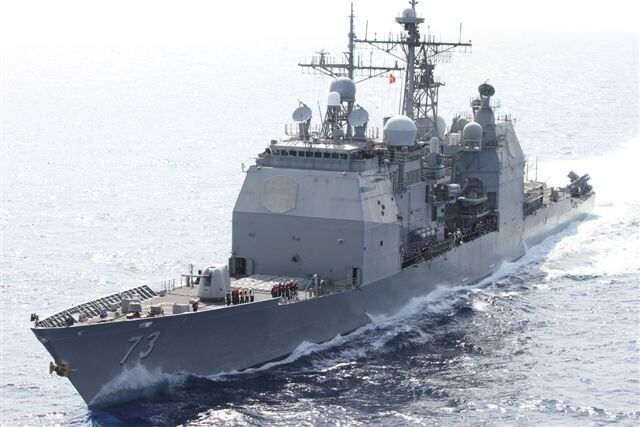WASHINGTON – The cost of upgrading and repairing the first four littoral combat ships is too high and it’s better just to decommission them, the U.S. Navy’s budget director said during the service’s budget roll-out.
Following a string of engineering casualties, mishaps at seas and leadership problems, a 2016 reorganization of the littoral combat ship program designated the first four ships – Freedom, Independence, Fort Worth and Coronado – test vessels to be used to figure out how to fix the LCS fleet.
The hulls have accrued between six and 12 years of service but their usefulness as test vessels is waning and they’re no longer worth a deeper financial investment, according to Rear Adm. Randy Crites, the deputy assistant secretary of the Navy for budget.
“Those four test ships were instrumental to wringing out the crewing, the maintenance and all the other things we needed to learn from them,” Crites told reporters during the Feb. 10 budget roll out. “But they’re not configured like the other LCS in the fleet, and they need significant upgrades. Everything from combat [systems], to structural, you name it. They’re expensive to upgrade.”
RELATED

Split between two variants — a line of traditional steel monohull warships and another featuring an aluminum trimaran design — the LCS was intended to serve as a fast and nimble warship, capable of morphing into a minesweeper, antisubmarine vessel or ship killer.
But Crites said the first four ships had become less relevant for “great power competition” and money could be spent on better options.
"They’ve played an important role and we’ve certainly ramped up our employment [of the LCS],” Crites said. “That’s a good thing. But when we looked at our return on investment and the cost of bringing those ships up to speed, they’re important, but in the context of great power competition they were less important. So, we took those savings and applied it to other areas.”
In the future, LCS testing and training will be conducted on newer and modernized vessels.
“The four LCS we’re talking about, we’ve gotten all we can get out of those ships in terms of testing,” Crites said. “In future testing we’re going to use the fleet-configured models.”
David B. Larter was the naval warfare reporter for Defense News.








